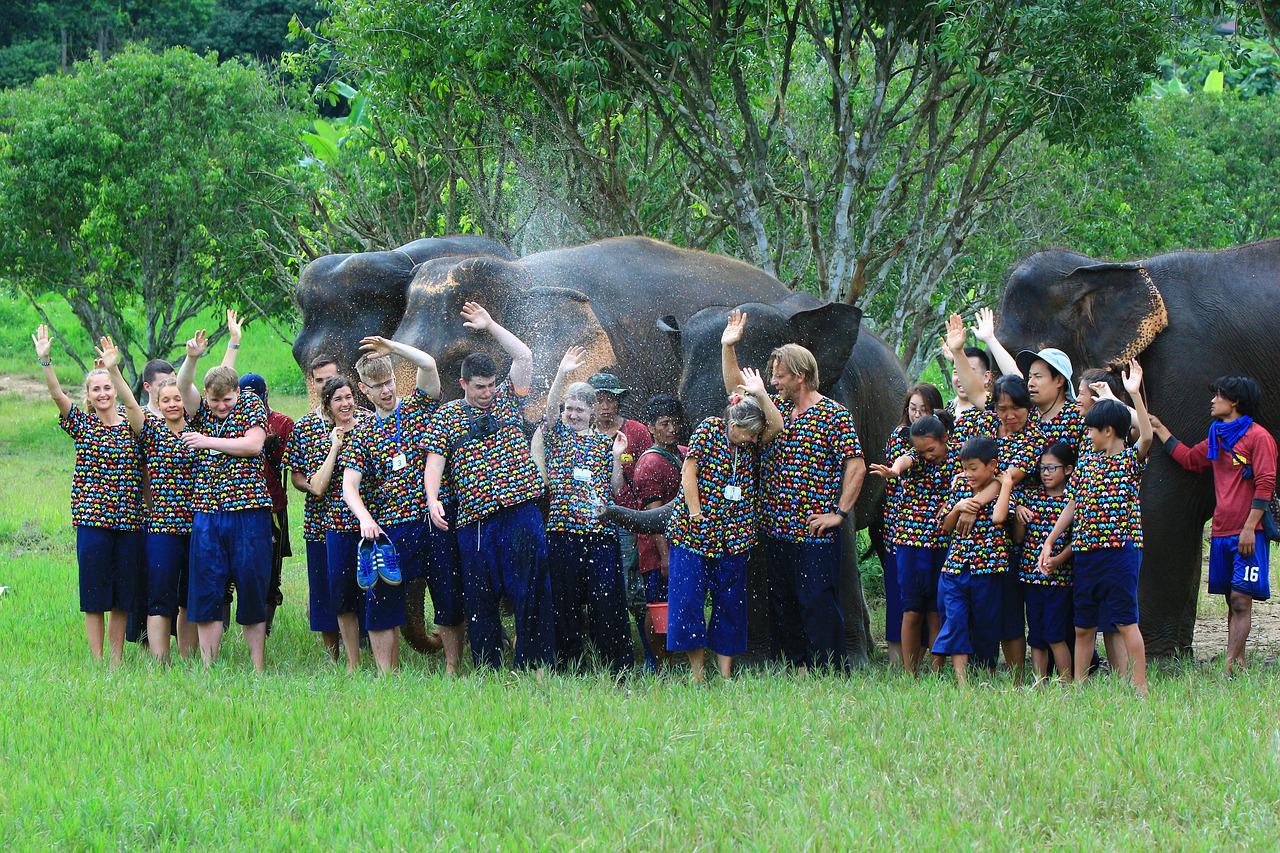An emerging trend within the world of modern travel involves merging leisure with philanthropy; for example, donor-advised funds present a unique conduit to contribute to the communities visited while enriching the travel experience.
Ergo, this article assesses the mechanics of a Donor-Advised Fund (DAF), evaluating how they seamlessly integrate with travel, offering tourists a means of giving back to the world they explore.
Understanding Donor-Advised Funds
To fully appreciate the synergy between DAFs and travel, it is essential to grasp their specifics. A DAF is a charitable giving mechanism that permits individuals, families or entities to make tax-deductible contributions to a fund managed by a sponsoring organization - typically a community foundation or a financial institution.
Donors to a DAF have the unique privilege of guiding the allocation of their donations to eligible non-profit organizations; this degree of control and flexibility makes them an appealing choice for those intent on making a positive impact in their community or on a global scale, all while experiencing the benefits of structured philanthropy.
Enhancing Travel Experiences
The following list outlines in greater detail how DAFs can be seamlessly woven into travel experiences, imbuing them with a deeper sense of purpose and fulfillment:
Research and Select Local Charities
In advance of embarking on a travel expedition, conducting meticulous research into local charitable organizations at the destination is highly advisable; the overarching objective should be to align one's interests and principles with local causes.
Whether the focus is within education, healthcare, environmental conservation or poverty alleviation, identifying reputable local charities and non-profit entities that make a substantive impact in the chosen locale is critical.
Establish a Travel-Specific DAF
A pragmatic approach to streamline the process of giving while traveling is to create a dedicated, travel-specific DAF; this dedicated fund is financed by philanthropic contributions and reserved exclusively for allocating resources during travel. The overall advantage is a simplified and systematic process of managing financial records related to charitable endeavors.
Connect with Local Initiatives
Upon reaching the chosen destination, seize the opportunity to forge connections with local initiatives and non-profits; numerous organizations eagerly welcome travelers inclined to contribute to their mission. This increased engagement can take myriad forms, including volunteering, the sharing of skills or the provision of resources - all of which contribute to a direct and meaningful impact on each community.
Support Sustainable Tourism
Integrating principles of responsible and sustainable tourism into travel arrangements is a responsible act and a testament to the commitment of a traveler seeking to make a positive impact.
Opting for eco-friendly accommodations, endorsing local artisans and businesses and engaging in activities that promote sustainability are vital aspects of this approach. A DAF can be implemented in supporting projects and initiatives that advance environmental protection and community well-being.
Document the Journey
Documenting travel experiences goes beyond the simple act of preserving memories; it also serves as a source of inspiration for others interested in purposeful travel. Sharing experiences, stories and the outcomes of philanthropic efforts on social media, travel blogs or public presentations can lead to a ripple effect of positive change and inspire more individuals to get involved.
Leave a Lasting Legacy
Travelers can consider formulating a long-term strategy with their DAF to establish a lasting legacy in the places they visit - this could entail consistent contributions or ongoing support for specific projects or organizations. Leaving a positive influence on the communities explored can become a deeply fulfilling aspect of one's travels, making each journey a legacy of goodwill.
Tax Considerations
One of the most compelling advantages of incorporating DAFs into travel plans is the potential for tax benefits; contributions made to DAFs are tax-deductible, offering a means to reduce taxable income while supporting cherished causes. It is imperative, however, to consult with a tax professional for comprehensive insights into the tax benefits specific to contributions and travel-related donations.
Conclusion
Traveling with a purpose has gained momentum as more individuals seek to make a constructive impact on the world during their journeys; DAFs provide a robust tool for travelers to engage in philanthropy, bolster local communities and contribute to their chosen causes.
By researching local charities, establishing travel-specific DAFs, and actively engaging with local initiatives, travelers can make a meaningful difference while traversing diverse destinations. The gratification of travel extends beyond places visited to lives touched and positive change affected, creating a synergy that transforms travel into a deeply rewarding and purposeful experience.








